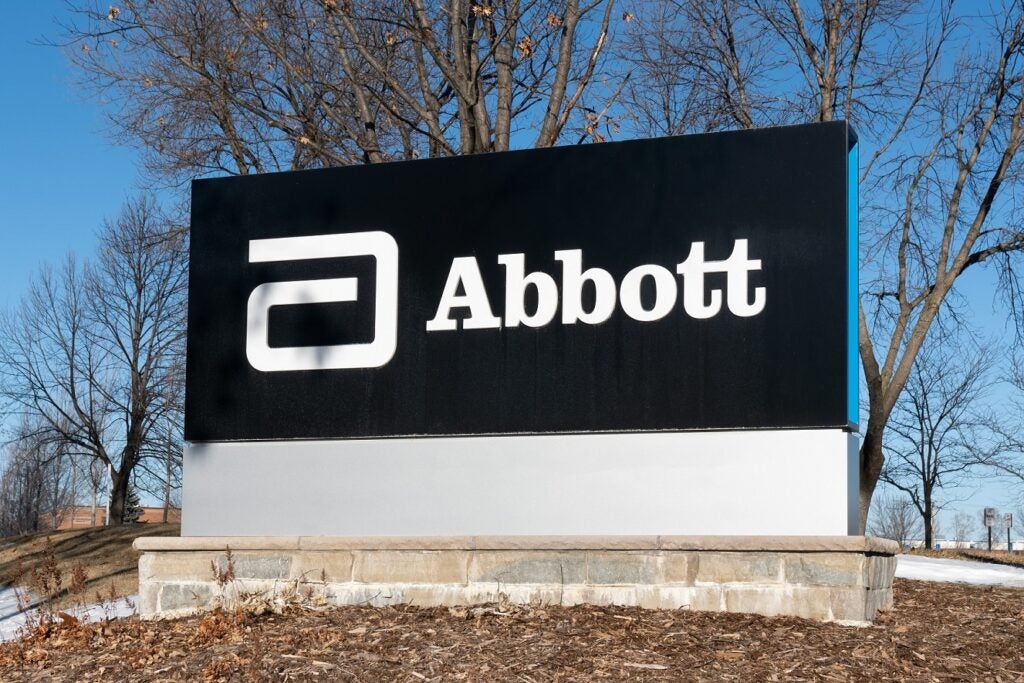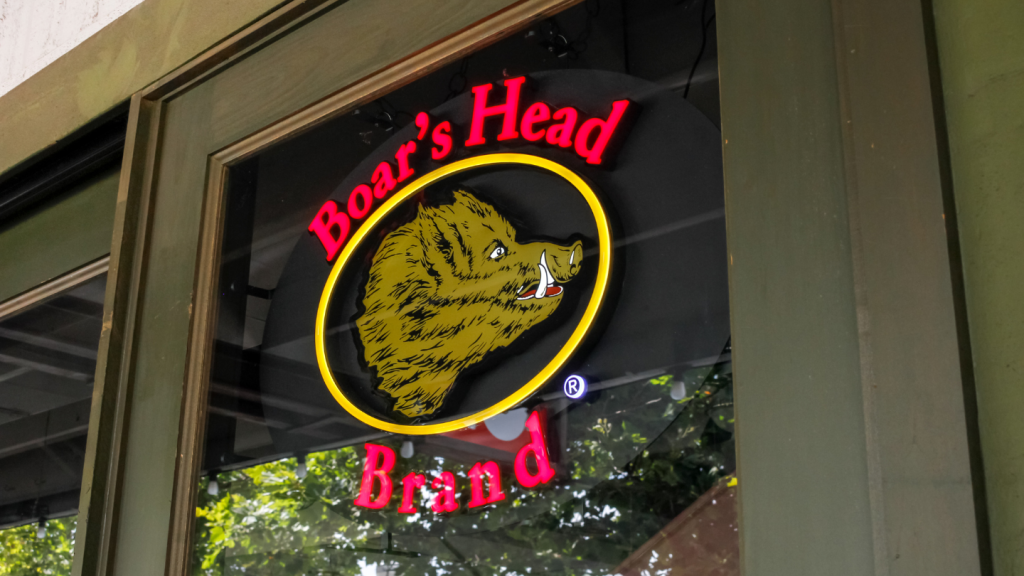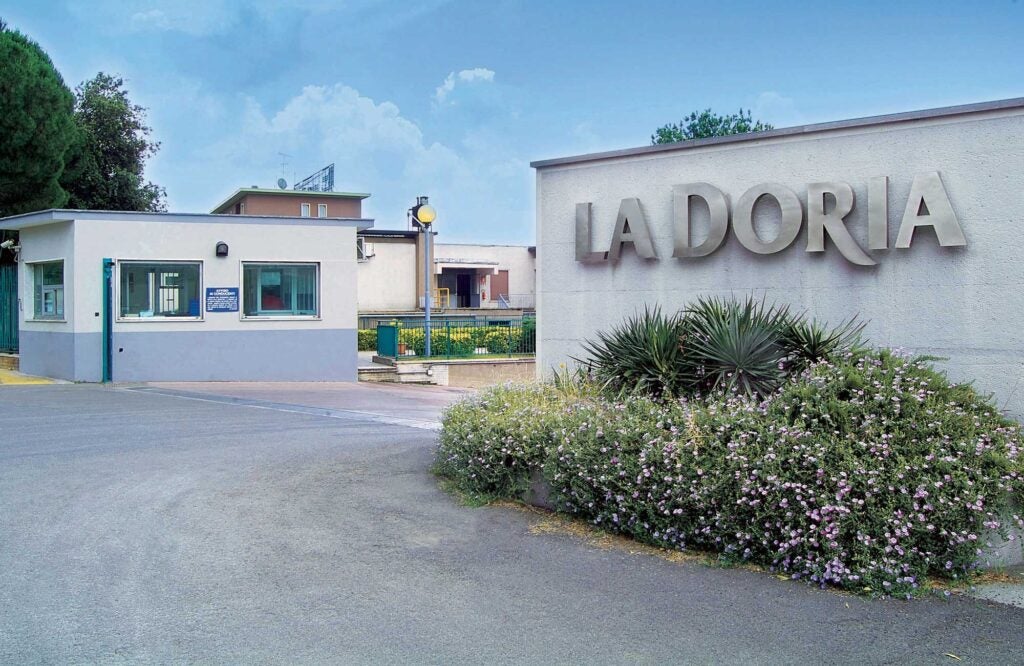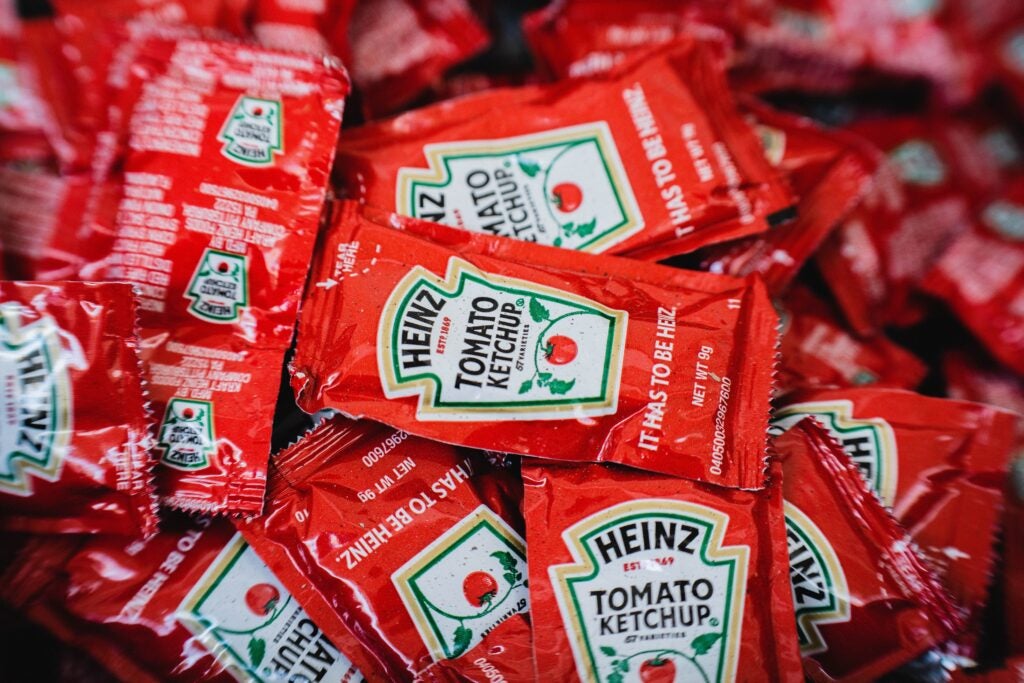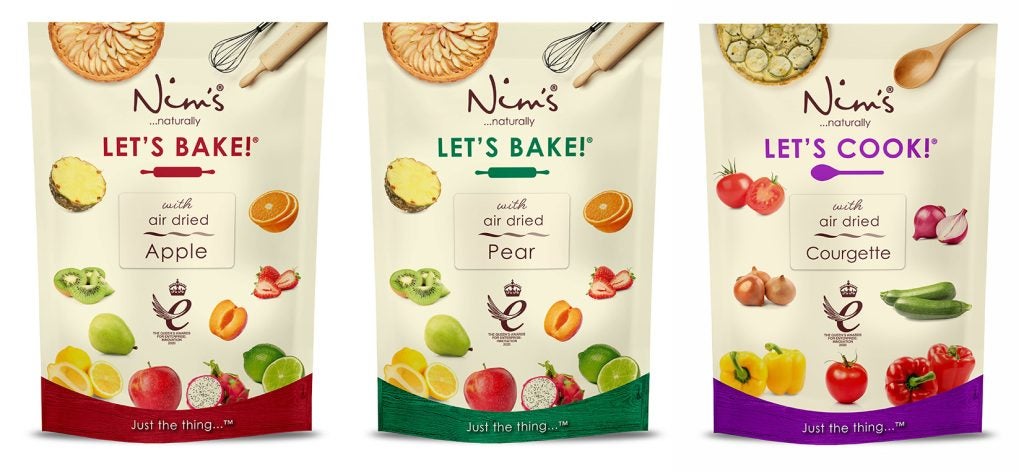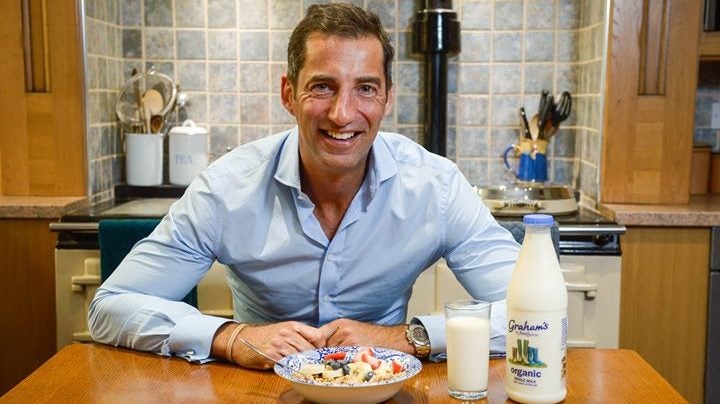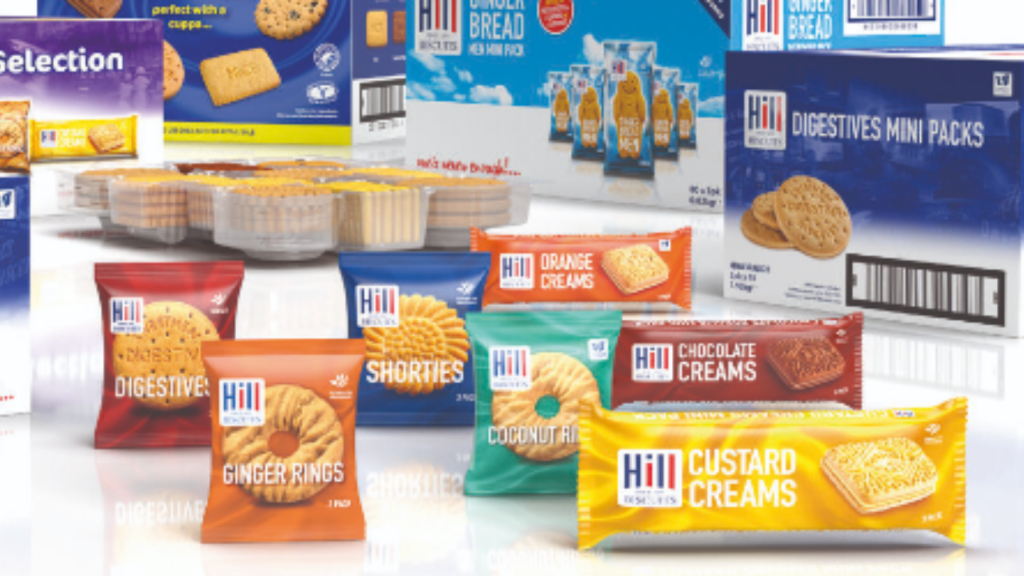Dr. Paul Kaufman, a senior litigation attorney in the US with expertise in product liability cases, believes that legal claims against infant-formula suppliers Abbott Laboratories and Reckitt Benckiser could cost the companies between $1bn and $4bn each.
The call followed Abbott being ordered to pay nearly $500m over allegations that it hid the risk that its premature-infant formula can cause serious illness, notably necrotising enterocolitis (NEC).
A jury sitting in state court in St Louis last Friday (26 July) voted nine to three against Abbott which was fined $95m to compensate the Gill family, whose experience was at the centre of the allegations, for its losses and $400m in punitive damages.
In a post on LinkedIn after the verdict was handed down, TorHoerman Law, the legal firm representing the family, said: “Robynn Gill suffered severe, irreversible brain damage due to Abbott’s misconduct.”
In March, Reckitt Benckiser was ordered by an Illinois jury to pay $60m in damages to the family of a premature baby who died after being fed its cow’s milk-based infant-formula product Enfamil Premature 24 powder produced by Mead Johnson.
Both Reckitt and Abbott have said they will appeal the decisions.
Reckitt is trying to sell off its infant-formula division and doubts have now been raised about whether that will be possible with further litigation against it due to take place in September.
This is widely viewed as the thin end of the wedge. TorHoerman Law said it represents 800 families that have been “devastated by NEC due to misconduct of formula manufacturers” and said it is “committed to obtaining justice for all of them”.
In a call hosted by analysts Jefferies, Kaufman, who is also a medical doctor, estimated that US-based infant-formula giant Abbott and UK consumer goods major Reckitt will face a potential 2,000 to 4,000 cases each.
During the call, Kaufman said he expects Abbott and Reckitt will ultimately end up pursuing a global settlement, with some uncertainty around settlement timing and the dollar amount.
The expert noted that in US mass tort situations, the majority of cases typically end up in a global settlement.
But he believes it is likely the litigants will want to try more cases with the hopes of winning more verdicts, which could provide leverage in negotiating a settlement, which he thinks will happen between March and mid-year 2025.
He expects a future global settlement will encompass all existing cases and cases where people have already suffered injury but have yet to file.
But he said it will not include potential future cases of injury, which based on his analysis could approximate 400-800 cases a year. To defend against this, Kaufman believes it is in the companies’ best interest to add a product warning about NEC risk in small, premature infants to the product label.
Kaufman suggested that the US and UK companies could see punitive damages reduced by 50-75% on appeal but he does not think the liability verdict or compensatory damages will be reduced.
Following the call, Jefferies said: “With a new case due with Mead Johnson/ Reckitt as defendants in September, headline risks persist. The ability to ring-fence potential liabilities remains uncertain we think.”


